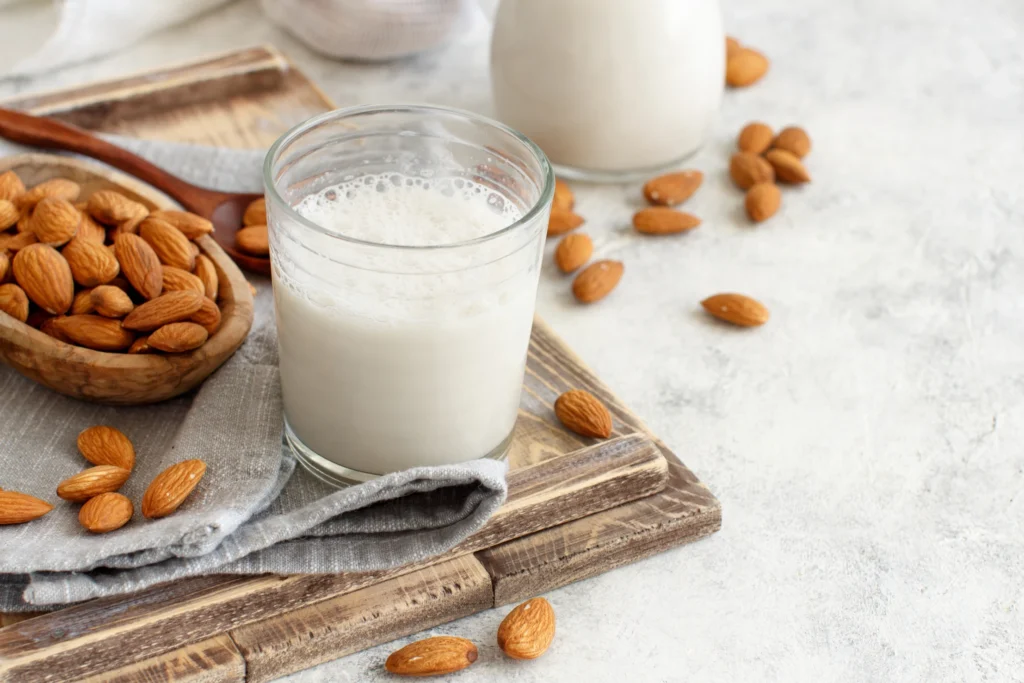Micronutrients: Vitamins and Minerals
Micronutrients are essential trace vitamins and minerals that we need for proper body functions including copper, iodine, zinc, and selenium. They are used in processes carried out by the cells for the production of many biochemicals necessary for life. Vitamins and minerals must be part of the diet because the body cannot synthesized all vitamins on its own. Vitamins are required for many chemical reaction that break down and reconstruct proteins, convert amino acids, and synthesize fatty acids. Many vitamins are also involved in energy release from carbohydrates.
Vitamins play an important role in the skin’s health by aiding in healing, softening, and fighting diseases of the skin. Antioxidants such as A, C, and E have all been shown to have positive effects on skin health.
Beyond general health, external application of vitamins and minerals have shown great benefit to achieve skin health as well. The nutrients the body needs for proper functioning and survival should come primarily from the foods we eat, however, if a person’s supplements can help provide some additional nutrients. Medications can interfere with the body’s ability to absorb vitamins and minerals.

Vitamins
Vitamins fall into two categories: fat-soluble and water-soluble.
Fat-Soluble vitamins A, D, E, and K are generally present in fats within foods. The body stores them in the liver and in adipose or fat tissue. Because they can be stored in the body, it is possible to get too much of certain vitamins, namely vitamins A and D. Fat Soluble vitamins protect the outside membrane of cells.
Fat-Soluble Vitamins
Vitamin A supports the overall health of the skin. This vitamin aids in the functioning and repair of skin cells. Vitamin A is an antioxidant that can help prevent certain types of cancers, including skin cancer, and it has been shown to improve the skin’s elasticity and thickness.
Topically, vitamin A can be used to treat many different types of acne and other skin conditions, primarily wrinkles. It is found in many over-the-counter creams and lotions. Derivatives of vitamin A are used in many skin prescription creams called retinoic acid or Retin-A (known as retinoids). Tretinoin is used to treat both acne and sun-damaged skin. Retinoids are also used in skin care formulations. Retinol helps improved the appearance of sun-damaged skin, and it may help other esthetic disorders. Retinyl palmitate polypeptide and beta-carotene are also used in skin care primarily for their antioxidant properties.
Vitamin D
Vitamin D is sometimes called the sunshine vitamin because the skin synthesizes vitamin D from cholesterol when exposed to sunlight. This is not a recommendation for tanning, because the skin is also severely damaged by sun exposure. Minimal amounts of sunshine are all that is necessary for vitamin D synthesis.
The main function of vitamin D is to enable the body to properly absorb and use calcium, the element needed from proper bone development and maintenance. Vitamin D also promotes healthy, rapid healing of the skin. Because vitamin D helps to support the bone structure of the body, it is found in many fortified foods and dietary supplements. Dietary sources include fortified milk, fish oils, egg yolks, and butter. Foods from plants are not a good source of vitamin D. Some skin care companies are including Vitamin D in their topical formulas for skin health improvements and as an antioxidant as well.
Vitamin E
Vitamin E is primarily an antioxidant. Antioxidants are important in protecting the body from damage caused by free radicals.
Vitamin E helps to stop free radicals so that cell membranes are not damaged. Continual damage from free radicals is associated with many diseases, tumor formation, and the aging process of the body as well as the skin. Vitamin E generally works to protect many tissues of the body from damage so that they can function normally.
Vitamin K
Vitamin K is essential for the synthesis of proteins necessary for blood coagulation. Coagulation is the clotting factor that allows bleeding to stop. Vitamin K applied topically in sin care products has been shown to improve the appearance and the presence of abnormal capillaries, or spider veins, by strengthening capillary walls.
Vitamin K is found in beans; dark leafy vegetables such as spinach and broccoli, and egg yolks.
Water-Soluble Vitamins
Water-soluble vitamins, B and C, benefit the inside of cells. Water’s soluble vitamins do not stay in the body very long. The body must have regular supplies of the water-soluble vitamins because they are used in almost every metabolic reaction and are then excreted, not retained by the body. Most of these are easily obtained through many foods.
B Vitamins
There are 8 B vitamins: B complex, B1, B2, B6, B12, folic acid, and B15. These interact with other water-soluble vitamins and act as coenzymes to facilitate enzymatic reaction.
Vitamin C
Vitamin C is an antioxidant that helps protect the body from many forms of oxidation and from problems involving free radicals. Research indicates that an adequate intake of vitamin C may help prevent cancer because of its ability to scavenge free radicals that attack DNA. DNA damage can lead to the formation of cancerous cells. Vitamin C performs numerous function in the body.
Vitamin C is an important vitamin needed for proper repair of the skin and tissues. Vitamin C is important in fighting the aging process and promotes collagen production in the dermal tissues, keeping the skin healthy and firm. It is required for collagen formation in skin as well as in certilage and spinal discs. Vitamin C also renews vitamin E by allowing it to neutralize more free radicals. When applied topically in serums, lotions, and creams, vitamin C has been found to increase collagen and to lighten skin.

Minerals
The body requires many minerals, inorganic materials essential in many cell reactions and bodily functions. Most are required in relatively small quantities, but they are, nevertheless, necessary for life.
Some of the important minerals and their functions are as follows:
